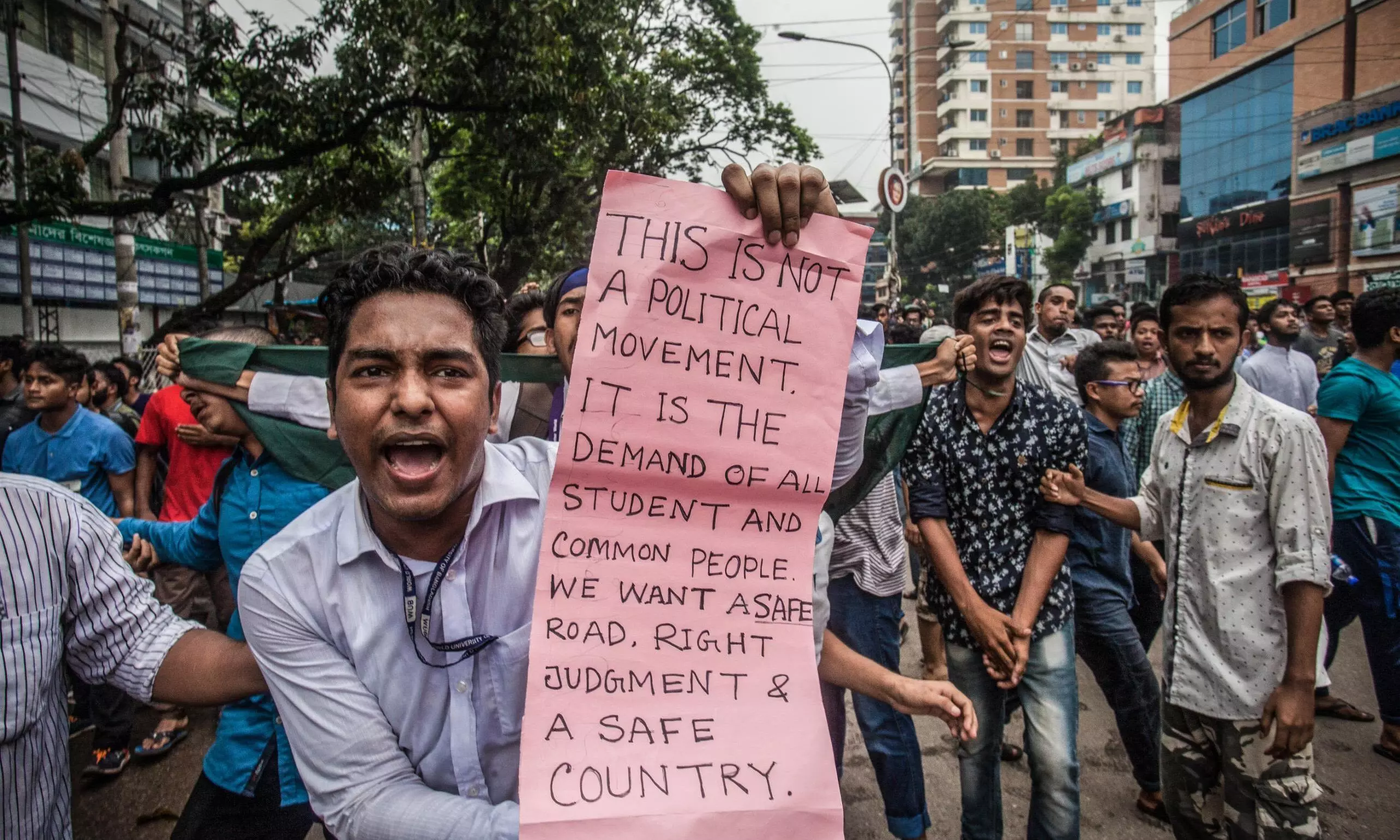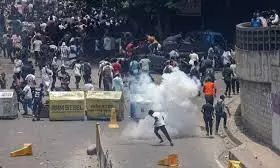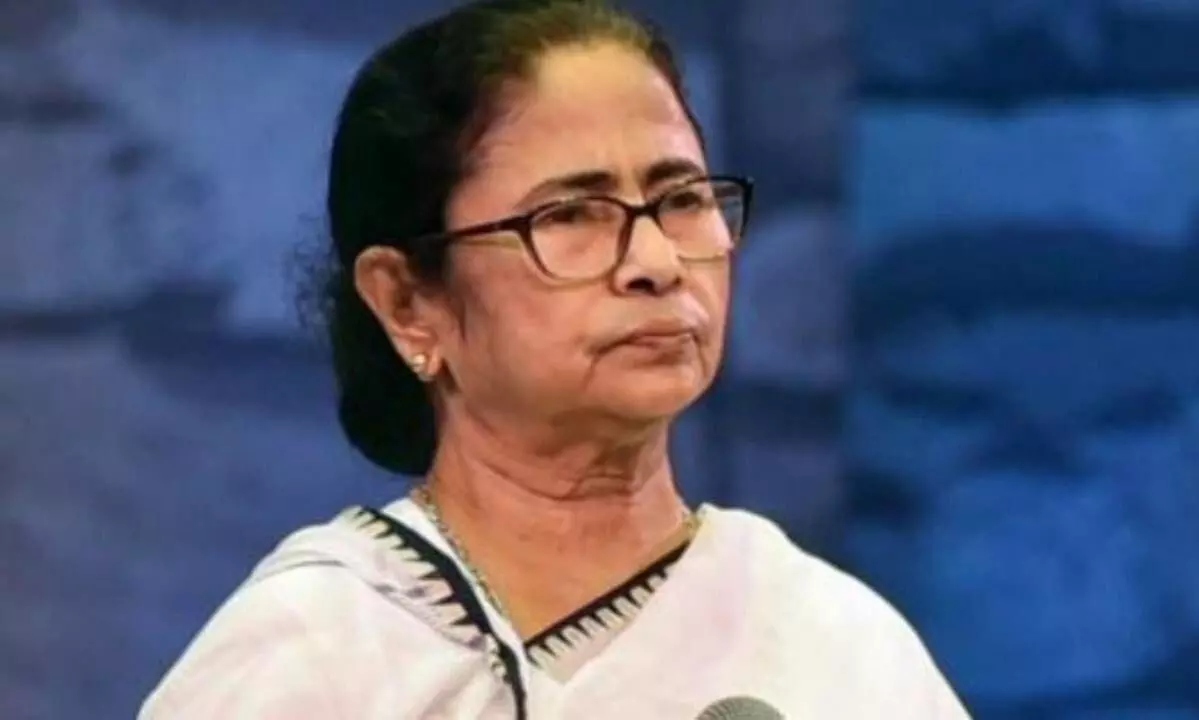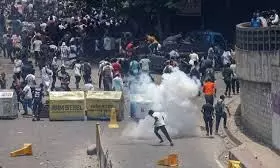
Student blood spilt in Bangla streets
text_fieldsGetty Images.
Students and youth are the first to raise questions against occupation and government injustices anywhere in the world. If there are political leaders who are mature enough to respect civil rights, they will be ready for corrections and compromises by realizing that these questions are the indicators of the nation's mind. However, the ruling societies, which are determined to suppress all dissenting voices with an iron fist, will choose to respond to the student's questions in the language of force. Unfortunately, in the lands of the Indian subcontinent, which cherish vivid memories of the legendary role played by the student community in the struggle for independence, most of the successive administrations have always been delusional to kill the student agitations soaking in blood. A recent example is the horrific news that came out of Bangladesh in the past few days. There is a similarity that competes with each other between Pakistan, which seceded from India, and Bangladesh which won independence from Pakistan, in all its anti-people features such as corruption, nepotism, and corporate servility. The number of students and youths killed in the last few days by Prime Minister Sheikh Hasina's regime, which, like in Pakistan, came to power through a completely ridiculous election process that was controlled by jailing opponents and abusing the rules is over a hundred and fifty.
The students were killed by Hasina's Awami League administration for demanding the withdrawal of the unfair reservation (quota system) aimed at inducting family members and party relatives into government services. Reservation in Bangladesh now contemplated by the Bangladesh government was not put forward to ensure equality of opportunity and social justice for the socially backwards weaker sections, as in India or the US. Thirty per cent of government jobs were reserved for descendants of soldiers who died in the freedom struggle half a century ago. The students alleged that the government is aiming to appoint those who are affiliated with the Awami League by watering down the list of freedom fighters. The proposed reservation was struck down following a High Court ruling that it was illegal, but the Supreme Court stayed it on the government's appeal. It is natural for the student community to declare that this nepotistic action is unacceptable in a country reeling under a severe economic crisis and with severe unemployment. The government was proceeding with violent measures without leaving any room for dialogue or conciliatory discussions respecting their sentiments which made July a month of bloodshed. Apart from the official police force and paramilitary units, violent gangs of Awami League and the student wing Bangla Chhatra League confronted the protesters with weapons in the streets. The protest, which was originally confined to universities in the capital city, spread across the country as Hasina justified the move in a televised address to the nation as the protests began and called the protestors successors of the 'Razakars' (the name used to describe a group that sided with the Pakistan Army in suppressing the Bangladeshi liberation struggle).
As a result, road-rail traffic came to a halt. The students were treated as enemies by the government, which froze the internet service to prevent the release of information about the strike. Most of the dead bodies of the students reached the post-mortem table with their eyes and chest pierced by bullets. In a situation where the atrocities crossed all boundaries, it was after the Supreme Court, which urgently heard the case on August 7, curtailed the 30 per cent reservation requirement to five per cent that the student anger subsided, and people's lives began to return to normal at least to a limited extent. The students are raising demands, including that Sheikh Hasina should apologize to the country and action should be taken against the officers and party leaders who led the violence. Since the opposition parties are also trying to take advantage of the situation and strengthen anti-government sentiments, peace cannot be expected in Bangladesh in the near future. What any administration that denies space to the voices of students aim at is to destroy democracy. Who will explain to the dictatorial rulers the native intelligence that the deeper dstudent agitations are buried, the more they have sprouted like seeds.








